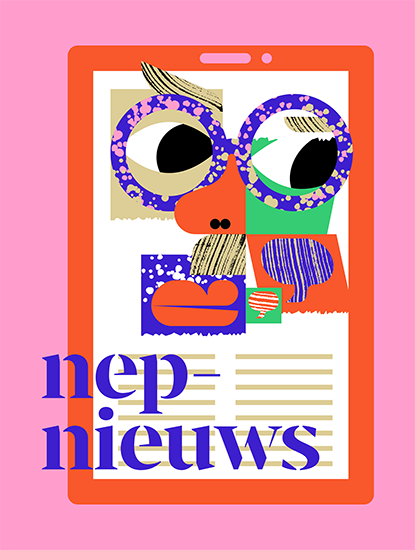How do filter bubbles arise?
Filter bubbles easily arise when you use search engines and social media. They use algorithms to try and show you information that you find interesting. This means that the results of a search query are never entirely the same for two different people. Your feed on social media will also look different than that of someone who has the same friends and follows the same pages.
Pros and cons of filter bubbles
Filter bubbles first arose because companies wanted to improve their services. Search engines and social media wanted to filter out information that was less relevant to the user. By personalising your feed and search results, they no longer show you an overload of information. That way, you only see things that match your interests. It means that companies can foster more loyalty in their users (and advertisers).
Nonetheless, filter bubbles are best avoided. Once you are in a filter bubble, there’s a chance that you’ll start to see one-sided information. You only see things that confirm your own worldview, which only narrows it. That’s extra risky when it comes to fake news: if you have recently read fake news, there’s a chance you’ll get to see lots of similar articles and start assuming they are true.
3 tips to avoid filter bubbles
Disable cookies
Search engine and social media algorithms use cookies to show you personalised content. These are small text files that websites put on your harddrive to keep information about your online behaviour. That way they can create a profile of you, which they use to predict what content will suit you best.
Companies always need your permission to use cookies. You can refuse permission on each website separately, but you can also completely delete and turn off cookies in your browser. Do note that cookies also have their benefits: for example, they remember your login details, so that you don’t have to fill them in manually every time. The choice is between privacy and ease of use.
Consult various sources
It’s always a good idea to use multiple sources and search engines, even if you have switched off cookies. That way you’ll get news and information from various angles and you’ll be more likely to escape the filter bubble.
Private browsing
To avoid the filter bubble on search engines you can browse anonymously. You can do so by opening a private window in your browser. There are also search engines like Duckduckgo that care about privacy and that don’t use cookies to rank your search results.
